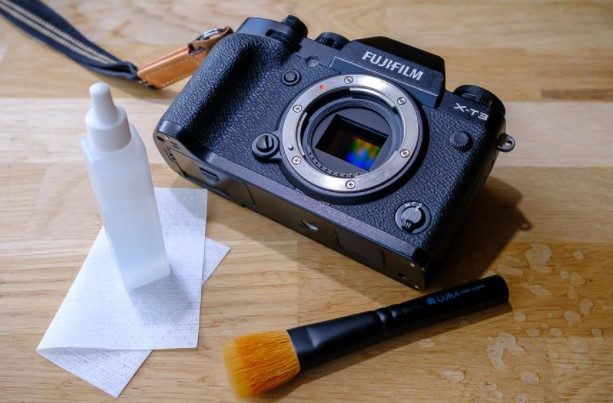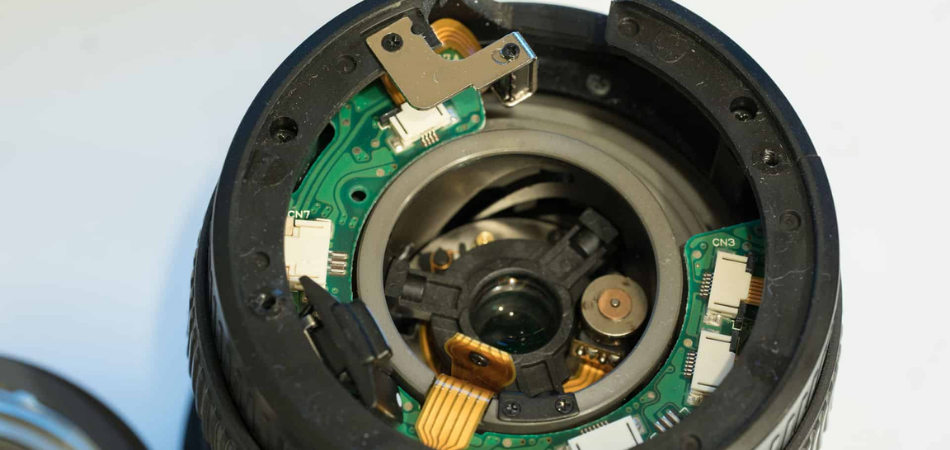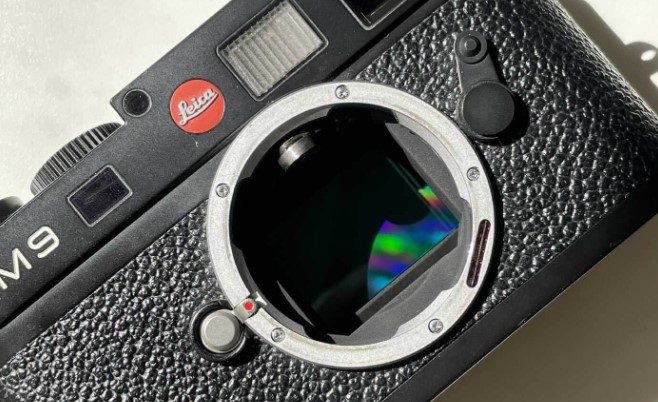When was the last time you used a camera? Probably a few minutes ago. Yes, Cameras are great devices, and in the modern world, they have become an everyday use device. Cameras help us capture stunning pictures and record amazing videos that make memories. Besides being great devices, cameras have very delicate components that need to be handled with great care to avoid damage. One of these components is the camera sensor.
Your camera sensor is a crucial and sensitive part of your camera. For an image to be formed, the camera sensor must capture light. If exposed to scratches, water, dust, or other harsh environmental factors, a camera sensor may get damaged. Surprisingly, most people cannot tell if their camera sensor is damaged.
Keep reading this article to find out more on how to tell if your camera sensor is damaged; this will help you diagnose the problem by yourself or take it to a camera expert. We will give you a few essential clues so you can have the confidence to diagnose your camera. Let’s jump in.
Do Camera Sensors Go Bad?
It is a question that has caused much debate over time. Do camera sensors go bad? Yes, camera sensors can wear out over time. Nonetheless, this should not worry you since a camera sensor can last for up to 20 years before it goes bad.
Most importantly, all you need to do is keep your camera sensors clean at all times. Ensure it is free of moisture and dust or anything that may scratch or damage it. This is the only way to see your camera sensor give you high-quality shots and, more so, serve you to its expected lifespan.
How To Tell If Your Camera Sensor Is Damaged
There are several ways to tell if your camera sensor is damaged. Some of these ways require a keen eye look, while others require a bit of skill to notice. The main sign that should get you worried is seeing multiple-colored lines on your viewfinder screen.
If your shot has any spots or lines on them, there is a high chance that you have damaged your camera sensor. Whether it is a simple phone camera, an expensive High-definition camera, or an action camera for paintball, all are at risk of sensor damage if not correctly handled. Below are other ways to tell if your camera sensor is damaged:
1. Decrease in Video Quality
You expect a high quality and clear shot when taking videos or pictures with your camera. If you notice a change in quality or images turn out spotty, there is a likelihood that your camera sensor is damaged.
You will notice white spots all over your video or low quality, or it appears as if it was shot on an old model camera. This often occurs when your camera lens is dirty. Try using a different set of lenses. If the white spots vanish, it means your sensor is damaged. Also, there could be a possibility that your camera lens has dust in it. In this case, you only need to clean it to remove the white spots.
2. Horizontal Lines on Your Video
It is always a good practice to take test shots before going for the actual shoot. This will help you identify if there is any problem with your camera. For example, you can take shots of the blue sky or a plain colored wall as a test shot. This way, it’s easy to identify any unusual thing in the photo or video. If your test shot shows any smudges, the lenses or sensor on your camera have a problem.
If you observe horizontal pixelated lines on the image, this should get you worried. Your camera sensor is damaged. These lines can be green, blues, pink, yellow, or red. When you zoom in on the image, you notice that the lines appear as if they are part of the image. This can be so annoying, especially if you didn’t take a test shot; it happens on the actual shoot. Damaged pixel lines bring about these horizontal lines.
Most people tend to think these lines signify LCD screen damage. The same thing happens when there is an LCD screen failure. Even expert camera technicians sometimes confuse camera sensor damage with LCD screen failure.
3. Occurrence of Hot or Dead Pixels
Most people can hardly differentiate a hot pixel from a dead one. A pixel that doesn’t work completely is referred to as a dead pixel, while on the other hand, a hot pixel receives power but won’t show until the camera gets hot. A dead pixel won’t show your image since they don’t receive any power from the camera.
Hot or dead pixels are very rare in mirrorless and DSLR cameras. However, their occurrence is still a way to tell if the camera sensor is damaged, especially if you buy a pre-owned camera. Dead pixels are a major warning sign; be cautious.
4. Color Cast or Strong Tints
A camera lens works exactly like the human eye. If you take photos of an object, whatever you see with your naked eye should be exactly what you see on your camera. For example, you look at an object, and your eyes see white color, but when you look at the shot on your camera, the object’s color is grey. This simply means your camera sensor could be damaged.
In another case, you are shooting in an environment that is well lit; however, when you look at your camera shot, it appears somehow dark and tinted. You know very well that this is not a case of bad lighting; your camera sensor could be damaged.
Can A Camera Sensor Be Repaired?
We all agree that some cameras are very expensive. So, it is explicable if you are curious to know whether or not some components of your camera can be replaced. It doesn’t make sense if you accidentally break a button on your camera and you have to buy a whole new camera. Really, that would be pocket-damaging to consumers.
Most people have been asking this question; Can a camera sensor be replaced? Yes. A camera sensor can be easily replaced. However, only an expert should do this due to its delicate nature. You don’t want a case where you tear down your camera to replace a lens but end up damaging other components.
Tips On Avoiding Sensor Damage
Your camera sensor is literally the brain of your camera, and there are possibilities that it may develop irreparable damage. For this reason, here are a few tips on how to avoid camera sensor damage:
1) Always cover your camera lens with the provided lens cap. This helps prevent scratches, moisture, and dust from damaging your sensor.
2) Often Clean your camera lens and sensors. This can sometimes be a tedious job, but it goes a long way in preventing your camera sensor from being damaged. You can either clean using a soft dry cloth or wet wipe using a recommended lens cleaner. Be careful not to damage the same sensor while cleaning it.
3) Use only manufacturer-recommended lens cleaner solution. Do not use water. Spray a small amount of the cleaning solution on a piece of cloth and gently wipe your camera lens. Avoid spraying directly on the camera sensor.
4) Avoid exposing your camera sensor to laser lights.
5) Do not expose your camera to direct sunlight. Direct sunlight can cause your camera sensor to degrade prematurely.
Final Words
Whether you are a professional photographer or just a Leigh man who loves to take photos, you must generally know how to take care of your camera. Also, you should be able to tell if your camera sensor is damaged. This will save your pocket from unnecessary expenditures.
In this article, we have shared all the necessary information on how to tell if your camera sensor is damaged. We have also highlighted a few tips to help you take care of your camera sensor. If your camera sensor is dirty, have the confidence to clean it using the above tips; however, take your camera to an authorized service shop if you are still not comfortable doing it by yourself.



